Nigeria Challenges World Bank's 139 Million Poverty Estimate
- by Editor
- Oct 09, 2025
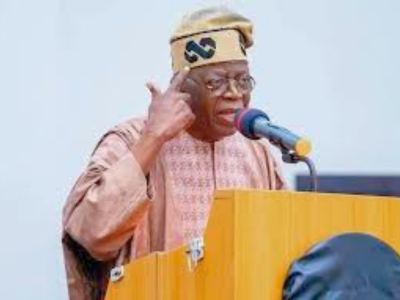
Credit: Freepik
The Nigerian government has formally challenged a new World Bank report estimating that 139 million citizens—approximately 61% of the population—are living in poverty, arguing that the figure is based on outdated global models that fail to reflect recent economic reforms and welfare interventions under President Bola Tinubu.
The estimate, published in the October 2025 Nigeria Development Update, marks a sharp rise from 87 million in 2023 and 129 million in April, despite macroeconomic gains from fuel subsidy removal and currency unification. While World Bank Country Director Mathew Verghis praised the reforms as “foundational” for long-term stability—citing 3.9% GDP growth and easing inflation—he warned that household purchasing power remains severely eroded.
In response, Special Adviser on Media and Public Communication Sunday Dare criticized the methodology, noting that the poverty threshold used—$2.15 per day based on 2017 Purchasing Power Parity (PPP)—translates to roughly ₦100,000 per month, well above Nigeria’s ₦70,000 minimum wage. “It is unrealistic,” Dare posted on X, arguing that the model overlooks Nigeria’s vast informal economy, where millions rely on subsistence activities and remittances. He described the figure as a “global projection,” not a reflection of current realities.
The Tinubu administration pointed to expanded social safety nets as evidence of progress. These include conditional cash transfers reaching 15 million households with ₦297 billion disbursed since 2023, the Renewed Hope Ward programme delivering micro-projects to 8,809 communities, and scaled-up initiatives such as N-Power employment, GEEP loans, school feeding, and subsidized grains to combat food inflation. Infrastructure investments—like a ₦1 trillion fund for roads and energy—and credit guarantees for small businesses are also part of the government’s poverty reduction strategy.
Dare emphasized that structural reforms, particularly subsidy removal, have been endorsed by the World Bank for restoring fiscal stability and foreign reserves. “We are addressing the roots of poverty, not just the symptoms,” he said.




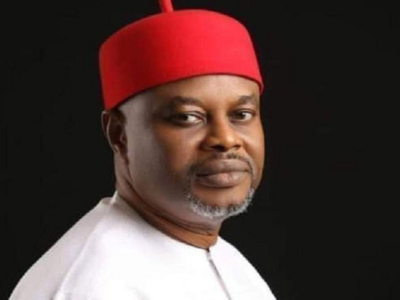
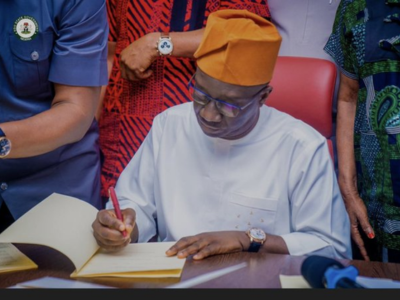
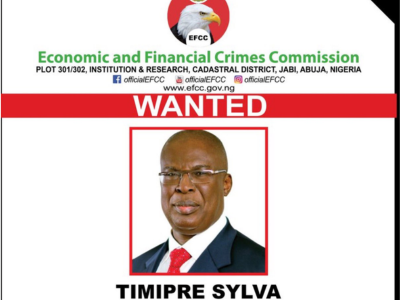


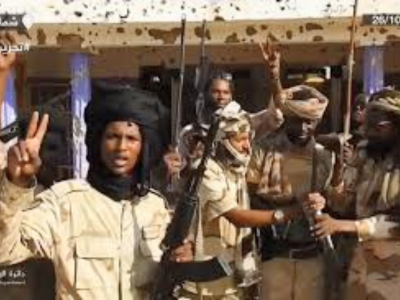
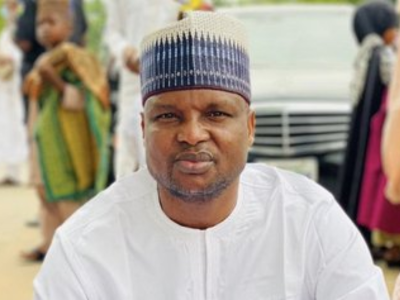
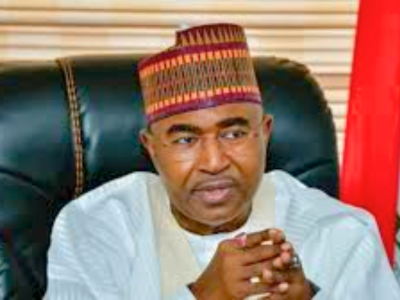
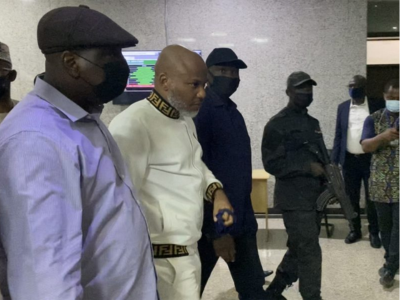
0 Comment(s)